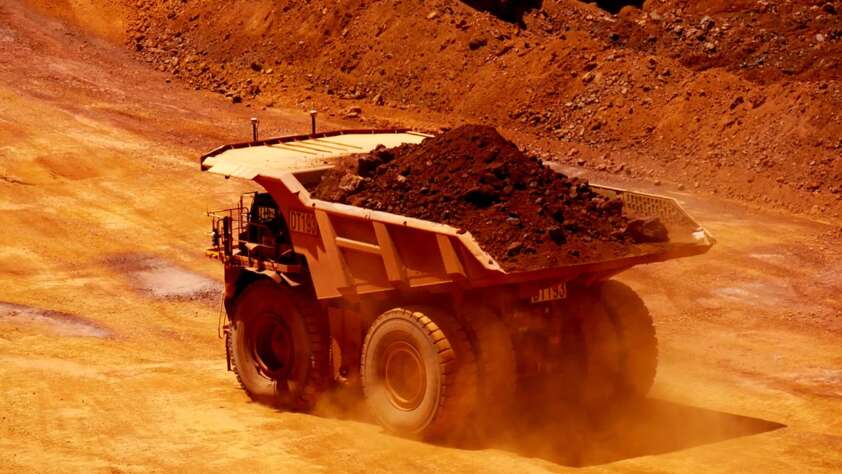With such a fast-changing energy landscape, CME has worked with member companies to agree on five principles that will underpin how CME approaches changes to government policy and regulation of energy as an infrastructure asset.
The global energy transition is occurring fast, driven by technological change and an increasing number of governments and private companies committing to net zero by 2050. To manage this transition in WA without adverse effects or unintended consequences, our principles will guide our views and recommendations on what matters to industry. Several of our member companies rely on energy as direct feedstock, heat or power to industrial processes and production. The sector is also reliant on energy as a fuel source for transport across roads, rail, shipping and air – connecting us to global supply chains and markets. For these reasons, these short and simple principles will help ensure the sector can continue to operate amidst a worldwide shift. These principles go hand-in-hand with our climate policy.
Last Committee meeting for the year held
CME held the last meeting of the Infrastructure Committee on October 20, inviting the Deputy CEO of Infrastructure WA and the new Chair of the Economic Regulation Authority to present to the Committee. Prioritisation of issues on the Committee’s work plan was discussed, with a strategic planning workshop to be scheduled for February 2022.
Global shipping and supply chain issues
As a geographically isolated state and island nation, our reliance on ports as both an economy and society is immeasurable. The COVID-19 pandemic has highlighted both the resilience and vulnerabilities of supply chains worldwide. Here in WA, our member companies – and general retailers – are seeing delays to inbound and outbound shipments and incurring freight costs at all-time highs. Although initial disruptions to supply chains were mild during 2020, the impacts have cascaded. Now, with increasing materiality, companies are publicly disclosing these disruptive effects to the market. The RBA and ABS have observed almost 40 per cent of surveyed mining companies are experiencing some form of impact to revenue because of supply chain issues.
Driven by a complex combination of factors including a shortage of shipping containers and labour increased e-commerce demand for consumer goods and COVID-19-related congestion at ports, the OECD is expecting additional shipping capacity will alleviate these stresses in time, but won’t eventuate until at least 2023. The UNCTAD is calling for increased tracking and tracing of port calls, liner schedules and port-to-port optimisation and monitoring of freight rates and potential market abusive behaviour. Meanwhile, international transport industry associations have come together with a plea to the WHO, ILO and the UN General Assembly to resolve this global issue.
Closer to home, the ACCC annual stevedoring monitoring report is due to be released this November and will look into the wider issue of shipping and freight costs on rising transport prices, including at the port of Fremantle. Relatedly, the resolution of industrial disputes at WA’s only container port at Fremantle will be fundamental to ensuring the continuity and competitiveness of WA’s seaborne transport in the near future.
Contact: Linh Nguyen – Policy Adviser, Industry Competitiveness
Email: l.nguyen@cmewa.com






